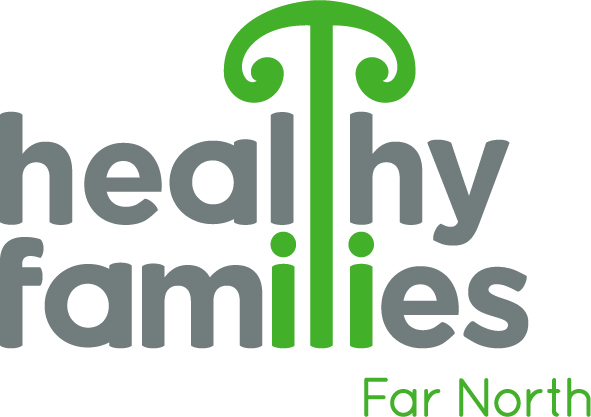When whānau are deeply connected to themselves, the taiao, and their whakapapa, it nurtures a sense of belonging and contributes to the realisation of long-term positive health outcomes.
Beginning an innovative journey with Te Rūnanga o Whaingaroa, we explore into how Mātauranga and kōrero tuku iho can enrich our collaborations with whānau and kaimahi.

We aim to elevate cultural practices and build community bonds for lasting prosperity. Exploring the integration of mātauranga into our collaborative efforts alongside Te Rūnanga o Whaingaroa, we seek to enhance tikanga Māori, te ao Māori, and mātauranga Māori within spaces deeply intertwined with whānau.
Tohunga Rereata Makiha explains the concept of 'Ngā Kaupeka' or seasons, which are guided by recurring patterns observed through 'Ngā Taka o Te Marama' (Moon phases) or Maramataka. He highlights specific marama phases such as 'Ōturu' and 'Rākaunui', characterised by heightened activity levels and recognized as high-energy days, as opposed to phases like Mutuwhenua and Whiro, which indicate low-energy days suitable for a slower pace. Additionally, he emphasizes the challenges posed by the Tamatea phases. These ancient teachings, when synchronised with contemporary activities, serve to regulate the energies necessary for enhancing our health and well-being.
We worked together with He Korowai Trust to gain insights into the impact of the Ōkoro on whānau facing eviction in Kaitaia, while also exploring how Mātauranga tirotiro and connection to taiao support better health. This ongoing experience with He Korowai Trust is part of our progression in understanding and addressing this issue, with the aim of scaling our efforts to support more affected families.
Healthy Families Far North is taking on the role of a facilitator within Te Rūnanga o Whaingaroa, providing essential support to poumahi who work directly with whānau in the housing and social services sectors.
The Whaihanga team (Transitional Housing) currently provides a range of housing supports for whānau, including transitional housing. They offer warm, dry, and safe short-term accommodation for people in need, along with tailored social support during their stay. The team also assists families in accessing essential services such as budgeting advice and social services. On average, families and individuals stay in transitional housing for 12 weeks or more while they receive assistance in securing more permanent housing. The Social Services team offers comprehensive advocacy and support for clients interacting with Work for Families New Zealand, assists whānau working with Child Youth Family, and provides urgent aid for those experiencing crises. Additionally, they offer information and advice on a wide range of whānau-related matters, ensuring holistic support for families in need.
Kaira Marsh, Manager of Social Services, mentioned they enjoyed it, found it very useful, and noticed how it brought the team closer together. Our objective is to deepen their understanding of the maramataka, enabling them to appreciate its impact on relationships and interactions with whānau to enhance the quality of engagement and strengthen the bonds within our hapori, ultimately contributing to the overall well-being and unity of whānau in Whangaroa.
Together, we embark on Te Rapunga, venturing into the unknown and exploring new possibilities. This journey will equip Te Rūnanga o Whaingaroa with the skills to navigate opportunities, enriching their knowledge. The Whakarite phase served as a collaborative introduction through daily reflection on how the maramataka influences us individually and as a team. Utilising the "Mauri Meter" as a regular tool. Introducing this tool to our rūnanga team marks the initial step for growth and support.
Moving forward, with the guidance of Pāpā Rereata Makiha, we will commence our journey to expand our knowledge of the maramataka and Te Ao Māori, in anticipation of Matariki.
